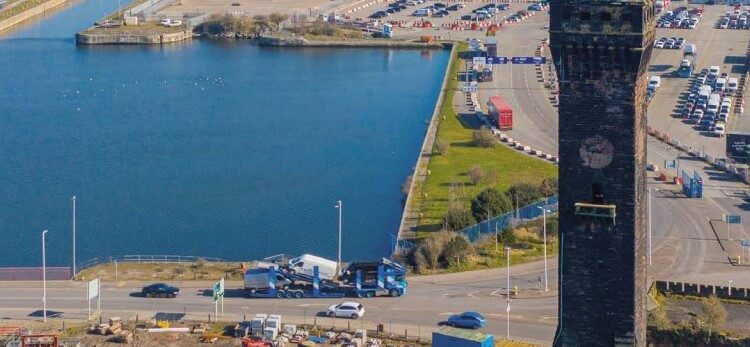Maritime UK and the Local Government Association Coastal Special Interest Group (LGA Coastal SIG) have urged the UK government to come up with a clear strategy to stem the brain drain, through the launch of a new Coastal Powerhouse manifesto.
The document sets out proposals to boost connectivity to the rest of the country, extend freeports benefits to all coastal areas, install a shore power network across the coast to charge tomorrow’s Teslas of the seas and develop new skills in coastal communities, including digital skills.
Maritime UK chair, Sarah Kenny, said:
There is nothing inevitable about coastal decline. These areas are Britain’s gateway to the world, and can have a high tech, high skilled future as the engine room of our green industrial revolution. Our industry invests and creates quality jobs in coastal areas, and we are ambitious to do more, but we need the right policies and backing to unleash our full potential
The poll, commissioned by Maritime UK and conducted by Survation, also revealed the majority (46%) of young people are yet to see evidence of new investment, or improvement in living standards, despite government’s levelling-up agenda.
The survey also highlighted the impact of coronavirus across the coast with almost one third (31%) saying the pandemic had a negative impact on their career. Of those, more than one fifth (21%) were furloughed, 19% said they had lost their jobs altogether and almost one quarter (24%) said their pay had been reduced.
The Coastal Powerhouse manifesto urges government to ensure the coast is a central part of infrastructure planning, to attract inward investment through reduced congestion. Rail freight and green coastal shipping are identified as significant growth areas which could decarbonize the supply chain and increase connectivity with the rest of the country.
The policy document also calls for investment in shore power, a proven technology enabling vessels to turn off their engines at berth in ports and providing the infrastructure to charge tomorrow’s electric vessels.
While the vast majority of the world’s major economies have multiple, the UK does not yet have one in operation
Furthermore, the manifesto underscores the opportunity of offshore energy growth, with coastal areas uniquely positioned to play a leading role in the UK’s net zero transition, from nearby yards building green servicing ships for these windfarms and those across the globe, and leading the way on future industries, such as floating wind turbines.
Whereas industries like maritime, which has a long heritage across Britain’s coast, is still urging government for £1billion co-investment to kickstart a decarbonisation programme, similar to the support other major economies’ governments are providing to their domestic industries
said the Maritime UK.
Finally, according to the manifesto, £1billion co-investment would create 73,000 maritime jobs.






























































